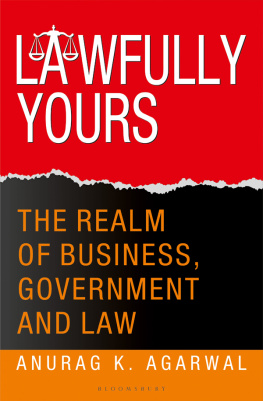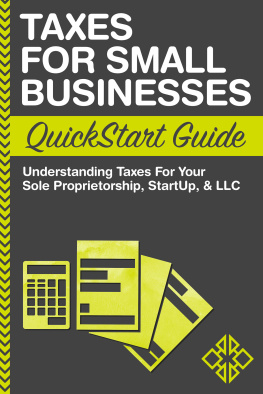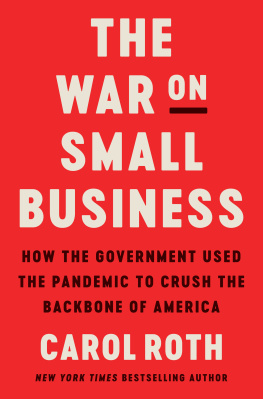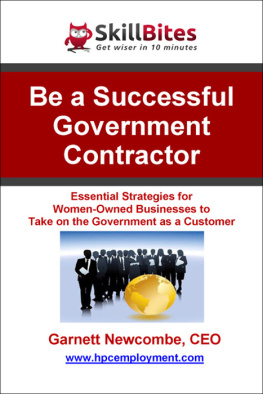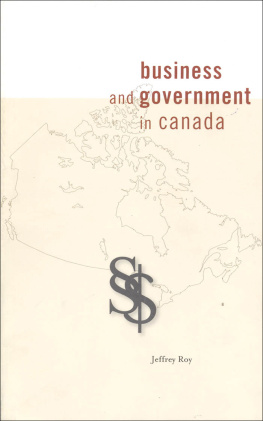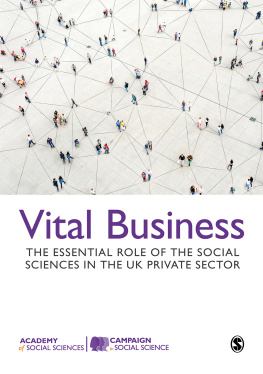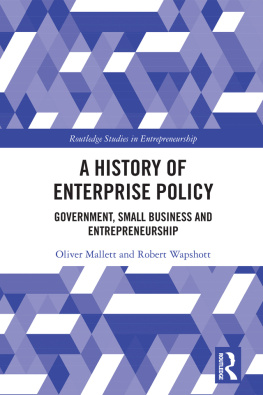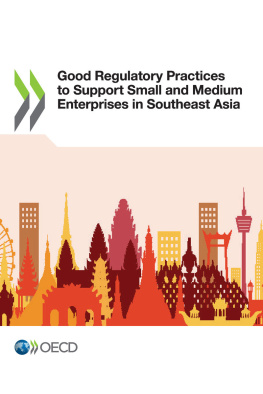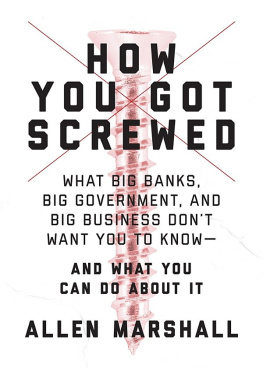
LAWFULLY YOURS
LAWFULLY YOURS
The Realm of Business, Government and Law
Anurag K. Agarwal

BLOOMSBURY INDIA
Bloomsbury Publishing India Pvt. Ltd
Second Floor, LSC Building No. 4, DDA Complex, Pocket C 6 & 7,
Vasant Kunj, New Delhi 110070
BLOOMSBURY, BLOOMSBURY INDIA and the Diana logo are trademarks of
Bloomsbury Publishing Plc
First published in India 2021
This edition published in 2020
Copyright Anurag K. Agarwal 2020
Anurag K. Agarwal has asserted his right under the Indian Copyright Act to be identified as the Author of this work
All rights reserved. No part of this publication may be reproduced or transmitted in any form or by any means, electronic or mechanical, including photocopying, recording or any information storage or retrieval system, without the prior permission in writing from the publishers
The book is solely the responsibility of the author and the publisher has had no role in creation of the content and does not have responsibility for anything defamatory or libellous or objectionable.
Bloomsbury Publishing Plc does not have any control over, or responsibility for, any third-party websites referred to or in this book. All internet addresses given in this book were correct at the time of going to press. The author and publisher regret any inconvenience caused if addresses have changed or sites have ceased to exist, but can accept no responsibility for any such changes
ISBN: HB: 978-93-89165-27-2; eBook: 978-93-89165-29-6
Created by Manipal Digital Systems
To find out more about our authors and books visit www.bloomsbury.com and sign up for our newsletters
To
My teacher and mentor,
Late Professor L. N. Mathur,
Professor Emeritus,
Faculty of Law,
Lucknow University
CONTENTS
I dedicate this book to my teacher and mentor, late Professor L. N. Mathur, Professor Emeritus, Faculty of Law, Lucknow University. Along with a mastery over almost all law subjectstort, constitution, environment, family, jurisprudence, etc.he had an excellent command over the English language. Like a walking dictionary and thesaurus, he enjoyed explaining the finer aspects of close-meaning words. He studied at Osgoode Hall Law School more than five decades ago, inspired tens of thousands of students to be possibility thinkers with a human touch and I am blessed to be one of his few students for whom the doors of his house were always open. Madam, his wife and a passionate mathematics teacher, has always been so very graceful and generous. Professor Mathur motivated me to apply to Harvard. Always immaculately dressed, he was extremely soft-spoken, and would, incredibly, establish a rapport instantaneously with the audience. Above all, he was a thorough gentleman. His son, Sanjiv, a senior government officer, is a true reflection of his father. The apple doesnt fall far from the tree.
The book is about the relationship between business, government and law, and brings together research of more than twenty years. It is the result of my writings of more than two decades and teaching a very popular subject, Business Government and Law, to the students of the Indian Institute of Management Ahmedabad (IIMA) for about fifteen years. A book like this has been demanded for a while now by my students and other senior executives who come to IIMA for executive training. I have been able to start working on its manuscript only in the recent past. It is from the perspective of an observer interested primarily in doing business legally and ethically, and for whom profit-making is incidental and not the sole goal of doing business. This book highlights how and why the external forces of government and law impact his decision-making.
The themes chiefly discussed are business, the judiciary, the legal system, politics, world trade, infrastructure, etc. It is a book which brings together the key elements of business, government and law and thus highlights their interplay for the benefit of business executives and anyone and everyone dealing with the government and the law, from the business perspective. It is devoid of technical jargon and uses simple language to drive home important and interesting concepts and points for the reader, who is looking for a book with a good understanding of these issues, in a short, story-like manner.
The book starts with an interesting story, The Scooter Ride, in the Introduction. This story weaves together different aspects of business, government, law, trends, choices, individual perceptions and aspirations to highlight the fact that life goes on and changes occur, sometimes with active and positive government intervention, and at times despite the inertness of the government of the day. Businesses usually are willing to take a risk; however, they choose to remain on the right side of the law. But, ultimately, in a democracy, it is the aspirations of the people that determine the direction in which businesses move.
My endeavour is for the business executive to easily understand the chemistry between business, government and law, which changes from time to time and place to place. How things evolve in this realm is an interesting field of study and keen observers provide valuable takeaways from the perspective of business ethics and profit-making. A sharp business executive will definitely get inspired to develop this understanding by regularly following developments in this realm and trying to analyse the events and issues from business and legal perspectives. Being a democracy, India provides immense advantages, and its positive impacton most occasionson the business environment is to be appreciated. Playing the game according to the rules and thriving in such conditions is not simply a science; it is an art, which very few are able to master.
For decision-making where subjectivity is involved, reasonableness is essential. Practical wisdom plays a major role in making decisions that are rooted in ground realities and are not devoid of common sense. Many a time it has been experienced that in the zeal to follow an ideal, though unrealistic approach, individualsin whatever capacity they are workingtend to be most impractical and their decisions wreak havoc on the people bound by those decisions. It is, therefore, most effective to understand the real issues in a practical sense and make decisions accordingly. Exercise of discretion by individuals, particularly in high-powered positions, needs to done with circumspection. However, too much of a delay in analysis and discussion may result in inaction. Thus, identifying the right moment for decision-making and, thereafter, execution, is the key to success in practical life. Business executives responsible for decisions and actions quite often require clarityat least in their minds if they are not able to convince othersas to what needs to be done, and when. This is a dynamic exercise and demands agility and alacrity.
How keeping a tab on recent developments can help a person in any field can best be understood by thinking like a writer who has to regularly write about contemporary issues from different perspectives. I thank Mr Uttam Sengupta, who was the resident editor of The Times of India, Lucknow in the late 1990s, when I had started writing a weekly column, which he named Lawfully Yours. He gave me the confidence to explore, experiment and write freely about different issues, mainly from the legal perspective. As an honest and bold editor, he stood like a rock with me whenever there were any issues regarding the legality or propriety of the columns. It was his idea to write about ticklish legal issues in simple language, devoid of legal jargon, for the common reader. I wrote for several years for the Lucknow edition of the newspaper before leaving for Harvard.
Next page
